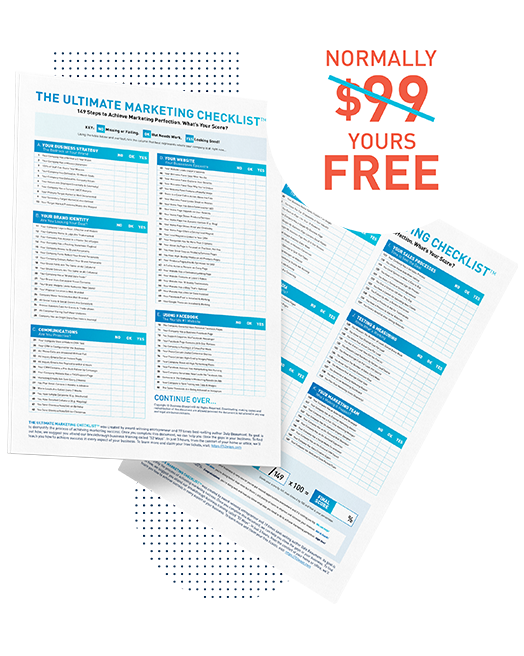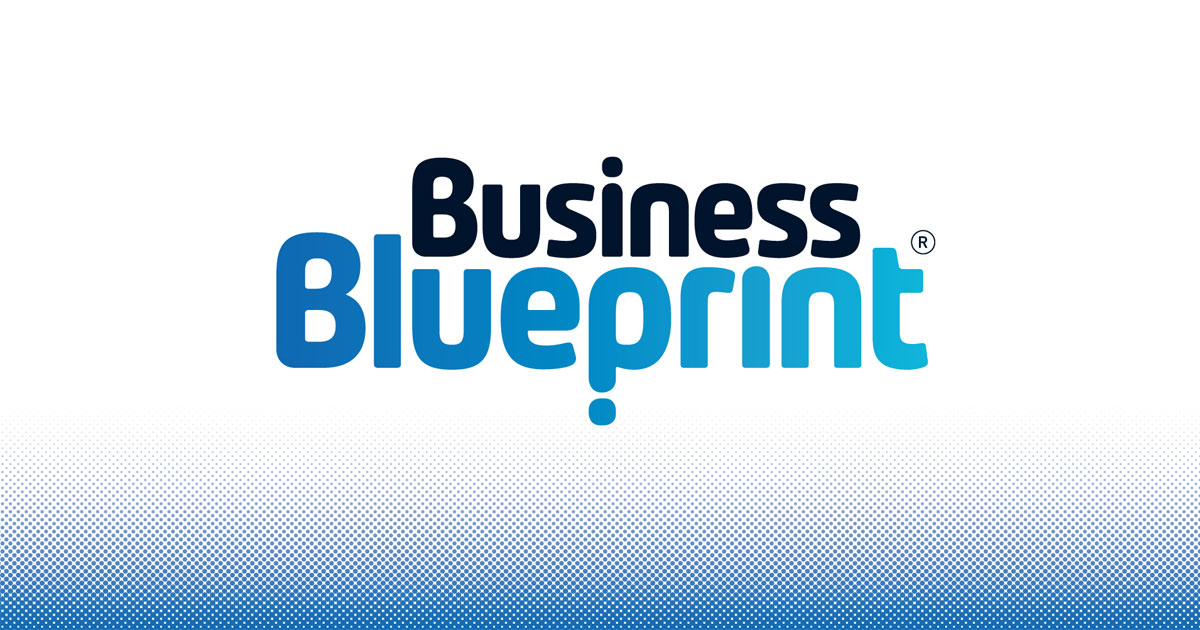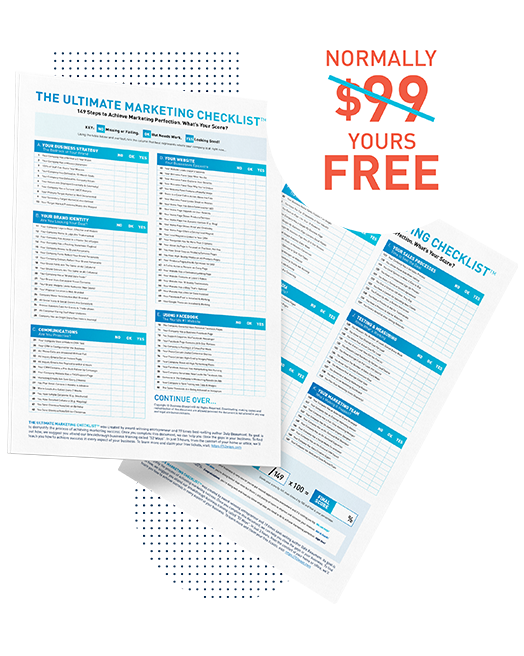I remember starting out in business in 2003 cold calling to get coaching clients. Five hours a day, five days a week. It worked. I got business. I had no life, but I had business. Then a friend told me about this thing called ‘value-based marketing’ and how it had changed their business from ‘hard sell’ to ‘easy buying decisions’ in less than one month. I didn’t believe them, and kept on calling day after day. Then I heard they turned over half a million dollars more than their competitor and I figured it was time I paid attention.
A short time later I did my first million dollar month. He walked me through a way of marketing that lets the prospect come to you, engage with you, build a relationship with you and trust you. The prospect drives the decision to buy, rather than being pushed, and as a result stays with you longer, spends more money and becomes, ideally, a raving fan. Sound too good to be true? That’s what I thought. So here it is, the most successful way I have ever found to bring clients to you without the hard sell.
What is value-based marketing?
Value-based marketing, or relationship marketing, is providing value prior to the sale, and asking for small and incremental commitments from the prospect until they see you as their trusted adviser enough to make a purchasing decision.
What’s the thinking behind value-based marketing?
The way prospects make decisions isn’t ‘I’ll get this today.’ It’s more ‘Hmmm, I wonder what I’ll do about that?’ (If anything) and then progresses through to ‘I wonder what information there is on my problem out there?’ to ‘What facts do I need to make a decision?’ and so on until they either buy or change their minds and do nothing after all.
So my cold calling was assuming I’d meet enough people ready to buy, which is the last step in their buying process. I was not going to appeal to anyone who was earlier in the process so I never got the opportunity to build a relationship with them and over time be with them at each stage of their thinking. By respecting this ‘educational spectrum’, I get to build a relationship with prospects over time who are in any of the stages of their thinking. I become their trusted adviser, through providing free content that is useful and relevant to where they are at in their minds, so that when (if) they decide to buy, my business is the obvious, and often only choice.
How does it work?
There are dozens of ways to make this work. Here’s five examples so you can see how to apply it immediately into your own business.
Example #1: On your website place an offer for a free download of some description in return for the prospect’s first name and email address. You’ve provided value and they’ve made a small commitment towards you.
Example #2: When you send an email to the prospect give them the opportunity to receive a free MP3 download or e-report. To receive it they need to email a particular email address. You’ve provided value and they’ve made a small commitment towards you.
Example #3: Send a letter to a prospect inviting them to a seminar you’ve got coming up. Place with the letter an empty DVD case and let the prospect know they will receive the actual DVD when they turn up on day one. You’ve provided value and they’ve made a small commitment towards you.
Example #4: At a speaking event offer a free gift for all the attendees which adds more value to the content you’re speaking about. To receive it all they need to do is provide their business card to you at the end of your speech. You’ve provided value and they’ve made a small commitment towards you.
Example #5: Give a free month’s supply of your ‘thing’ so the prospect can decide if they like it. If your ‘thing’ is a membership with recurring income, all the better. Give a free month’s membership to them, in return for their credit card details, and at the end of the first month, if they don’t cancel, the payments for ongoing access will continue until they no longer perceive value. You’ve provided value and they’ve made a small commitment towards you.
How do you use this in your business?
- Assuming you have a database of prospects, could you categorise them according to where they are at in the educational spectrum? Newer leads would receive more content and less selling conversations. Prospects further along, who have done research and are close to a buying decision would receive testimonials to remind them of how a decision to choose you would be the right one.
- Rather than going straight for the sale every time, could you build trust between you and your prospect by providing some useful and relevant information to them in the form of a “Useful Tips” guide or a report on “The Top Ten Uses for…”?
- By adding a series of auto responder emails that are filled with useful tips of the subject of their inquiry, you become seen as an expert in your field. You are moving closer to becoming the trusted adviser.
- Give away a CD or DVD to your prospects demonstrating how your ‘thing’ is used and can be beneficial to its users.
- Run a competition offering a prize to the person who gives the best uses for your ‘thing’.
- Give examples of how your ‘thing’ has helped in an unexpected way.
- Offer an online MP3 of a class which gives valuable content, and to receive it the prospect has to email you the request.
Sharon Pearson is the founder of The Coaching Institute and the Small Business Mastermind Club. She is the author of the best-selling book “Simple Strategies for Business Success” which retails for $34.95.
The first fifteen readers who email [email protected] with one thing they enjoyed about this article receive a copy of her book for free.



